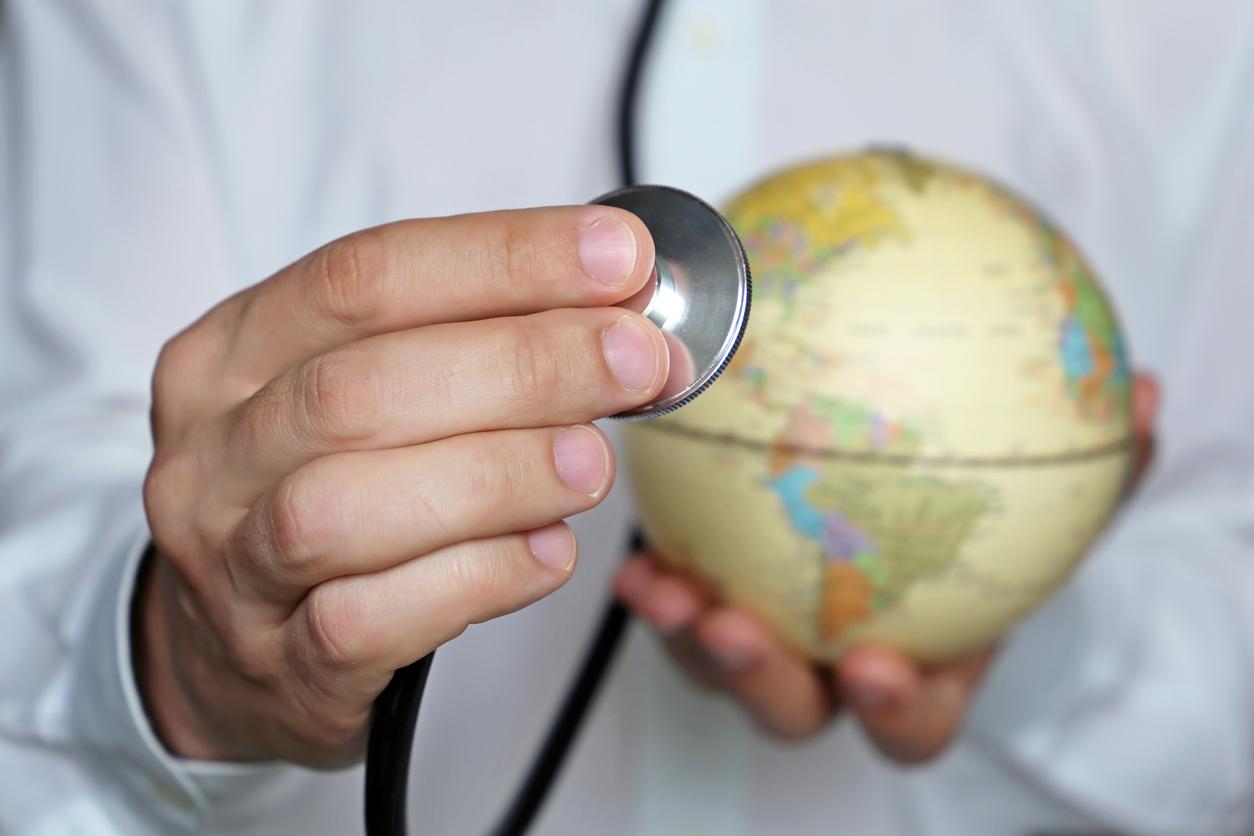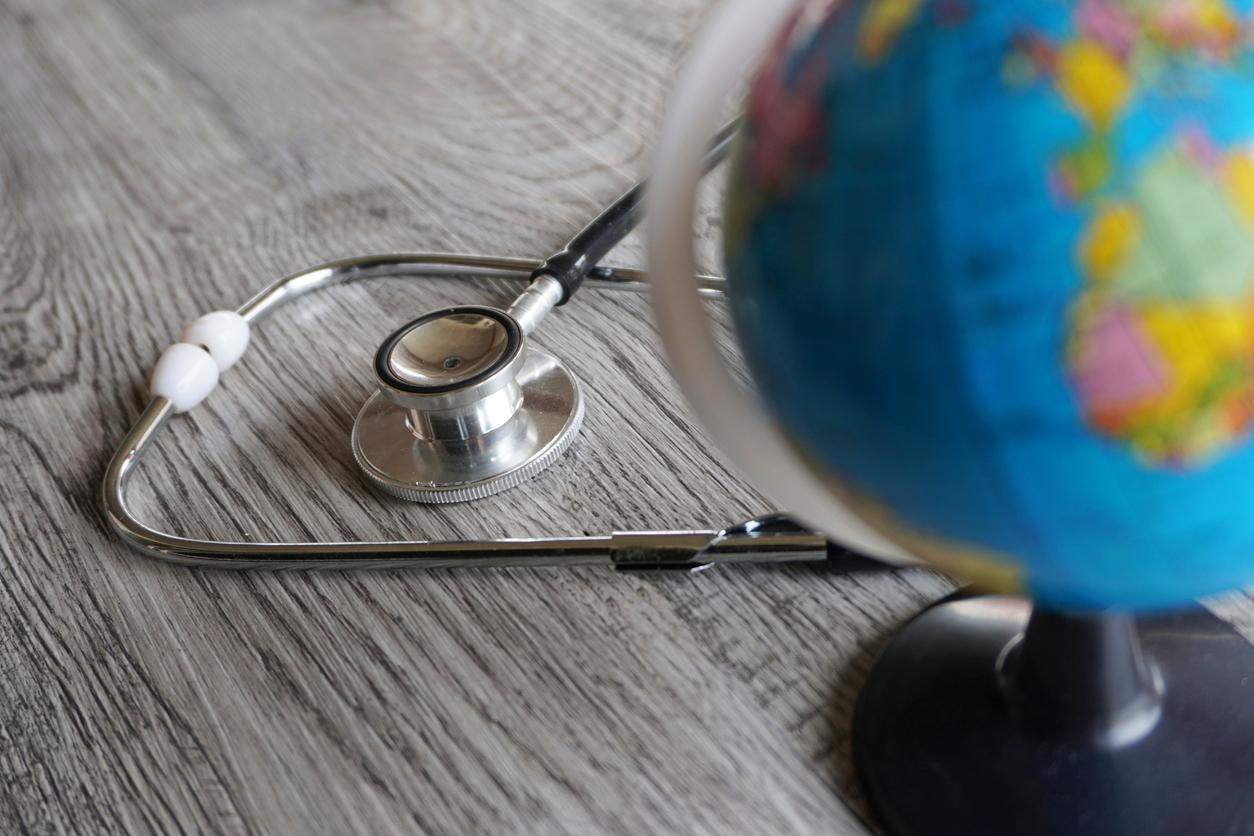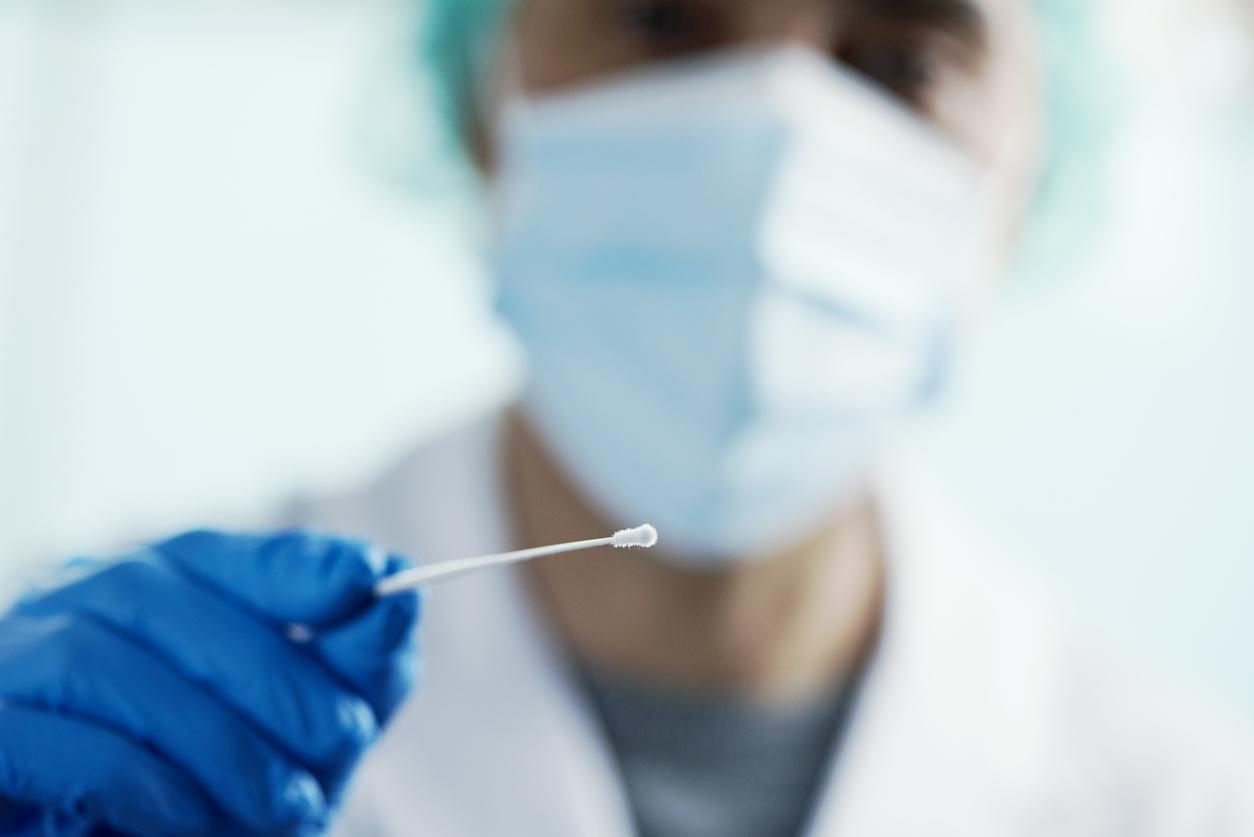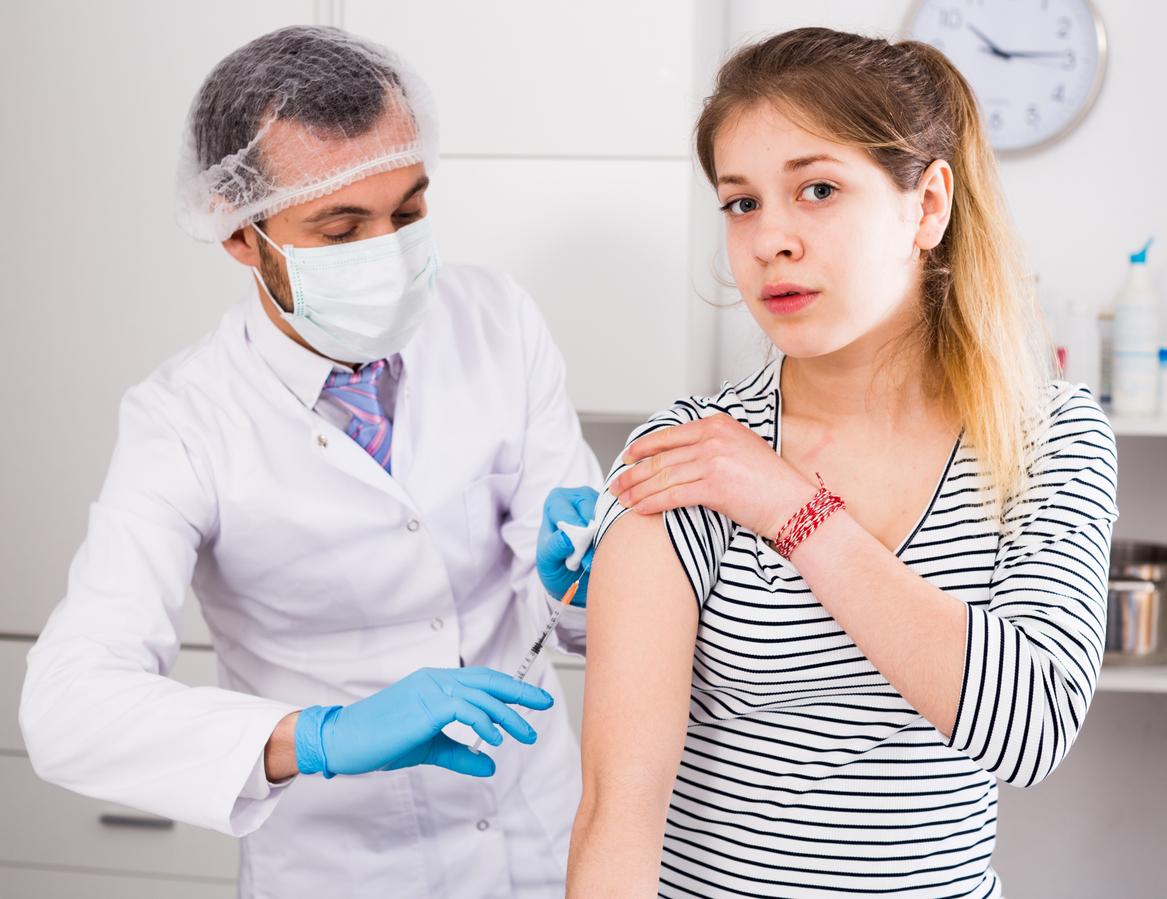Vaccination against human papillomaviruses is extended to some men. Those who have sex with men may be reimbursed.

It’s official: vaccination against human papillomaviruses is no longer reserved for young women only. For the first time, some men can receive Gardasil and be reimbursed. The opening is recorded in the vaccine schedule 2017, published this April 25. The goal is to reduce genito-anal infections and cancers, especially in men who have sex with men (MSM).
A high-risk population
Up to the age of 26, MSM will therefore be able to benefit from an HPV vaccine (Gardasil). With this new recommendation, the health authorities are acknowledging the increased risks of this population. The probability of developing anal cancer is, for example, twenty times higher than in heterosexuals. However, many cases are associated with oncogenic strains of the papillomavirus.
In a previous opinion, the HCSP left no doubt. Besides anal cancers, MSM are also more affected by genital warts, ENT and penile cancers. In the latter case, 25 to 50% of diagnoses are attributable to papillomaviruses. Extending vaccination to this high-risk population therefore made good sense.

More strains to protect women
The vaccine recommendations for young women are also changing for 2017. The HPV vaccine is recommended for young girls aged 11 to 14, with a possible catch up to 19 years. A new version of Gardasil arrives on the market, and is proving to be more effective. Indeed, it contains 9 strains of papillomavirus and should protect against 90% of cancers of the cervix. When this product is on the market – and reimbursed – the Ministry of Health therefore recommends its use as a priority.
But the vaccination should not for all that cause relaxation on the screening side. About twenty oncogenic HPVs have been identified, and only 9 strains are contained in the vaccine. Immunization should therefore be viewed as a complementary approach. From the age of 25, all women are invited to a Pap smear screening every 3 years, including those who are vaccinated.
Vaccination coverage remains insufficient in France. Only 14% of young women are protected against human papillomaviruses. Blame it on a controversy over the safety of available vaccines. In the UK and Portugal, where it took less, 87% of teenage girls received two doses.
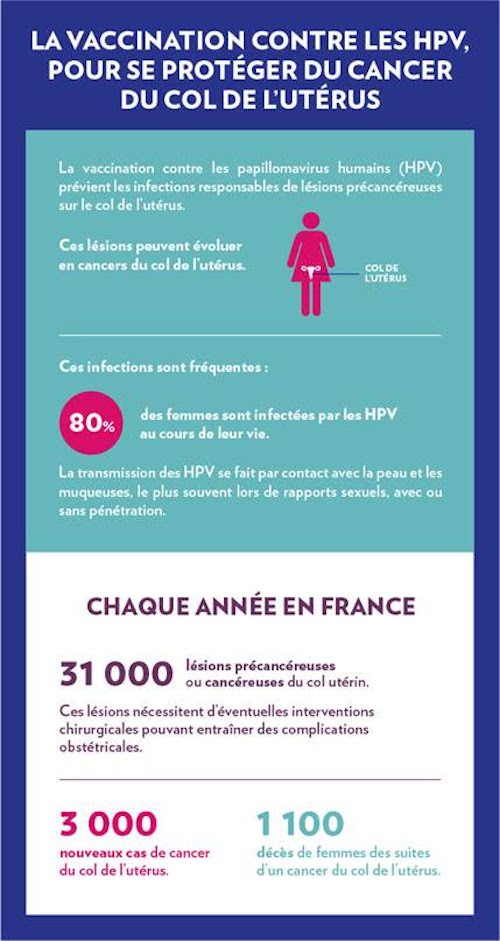
Source : National Cancer Institute
Shortages taken into account
In the vaccination schedule, the Ministry of Health notes the many shortages that affect the vaccines recommended in France. Whooping cough, hepatitis A and B, BCG: here are some diseases against which it has become difficult to protect yourself. The document therefore proposes to adapt the strategy as long as the shortage exists. Thus, hexavalent vaccines containing, among other things, a pertussis strain should be preferred. Likewise, protection against hepatitis A must be limited to a non-booster dose with priority given to people traveling in endemic areas, to those around declared cases or even to immunocompromised people. The shortage of BCG presents a particular problem. A global shortage is underway and an alternative is being imported. But it is only available in the hospital.
.












